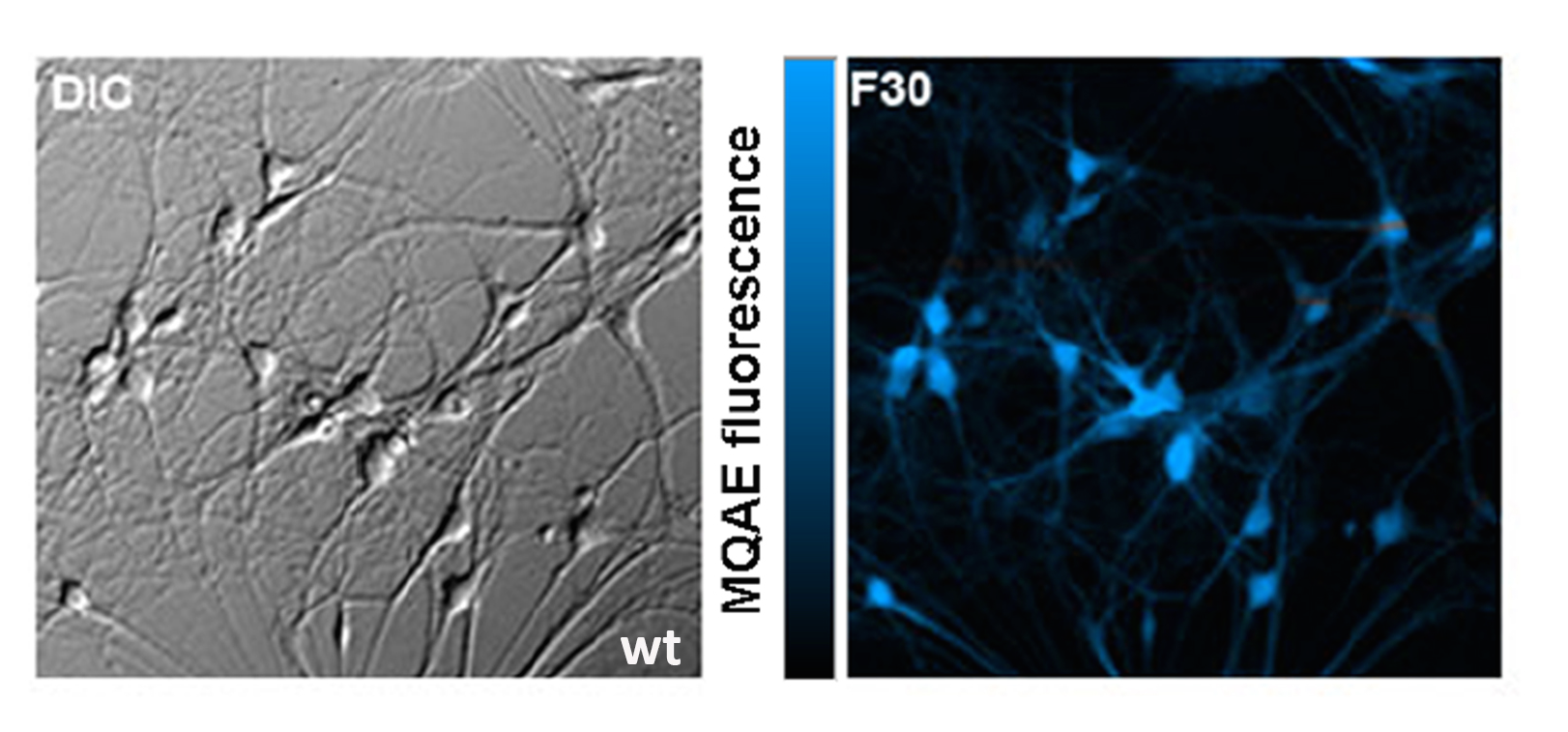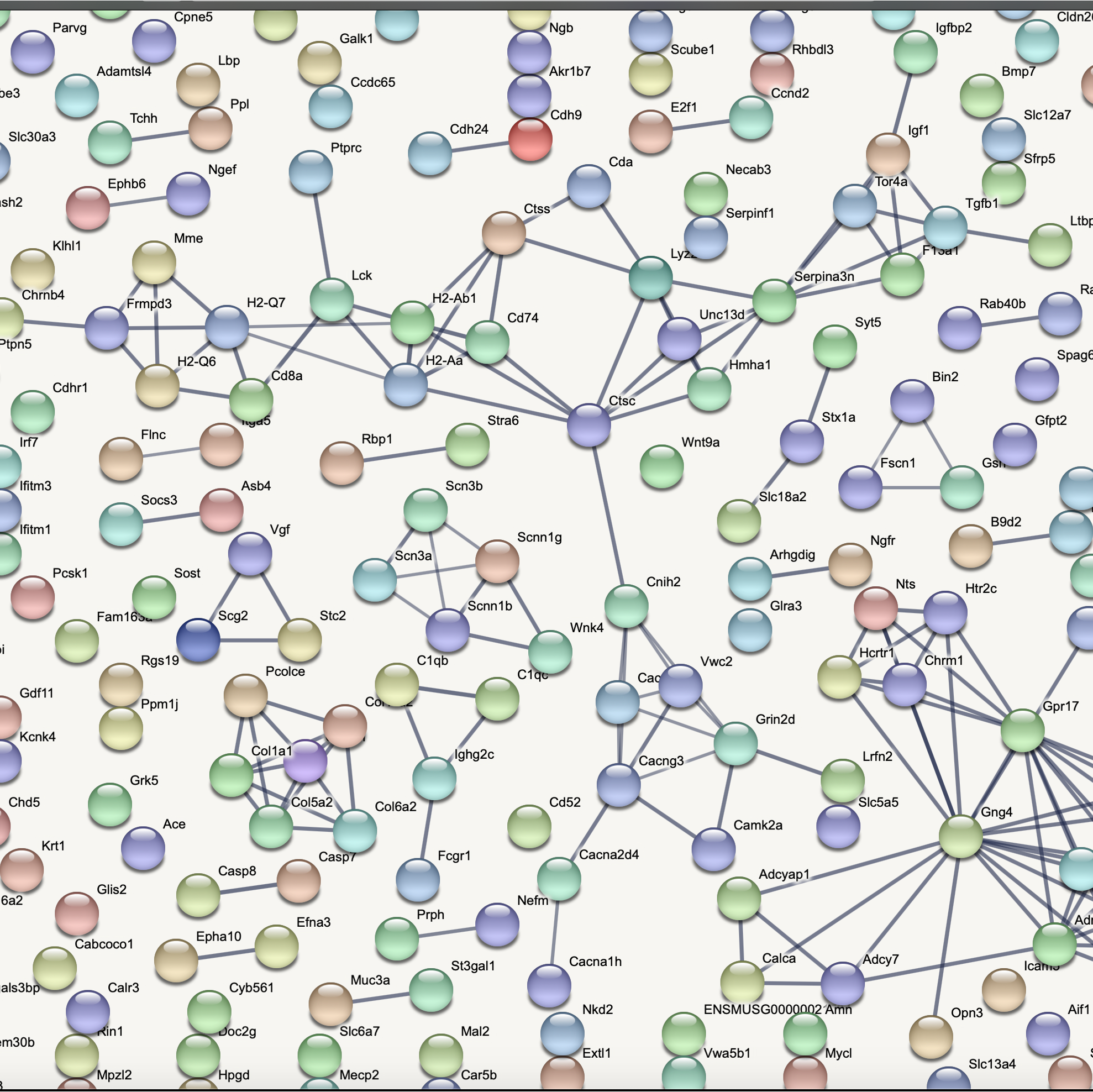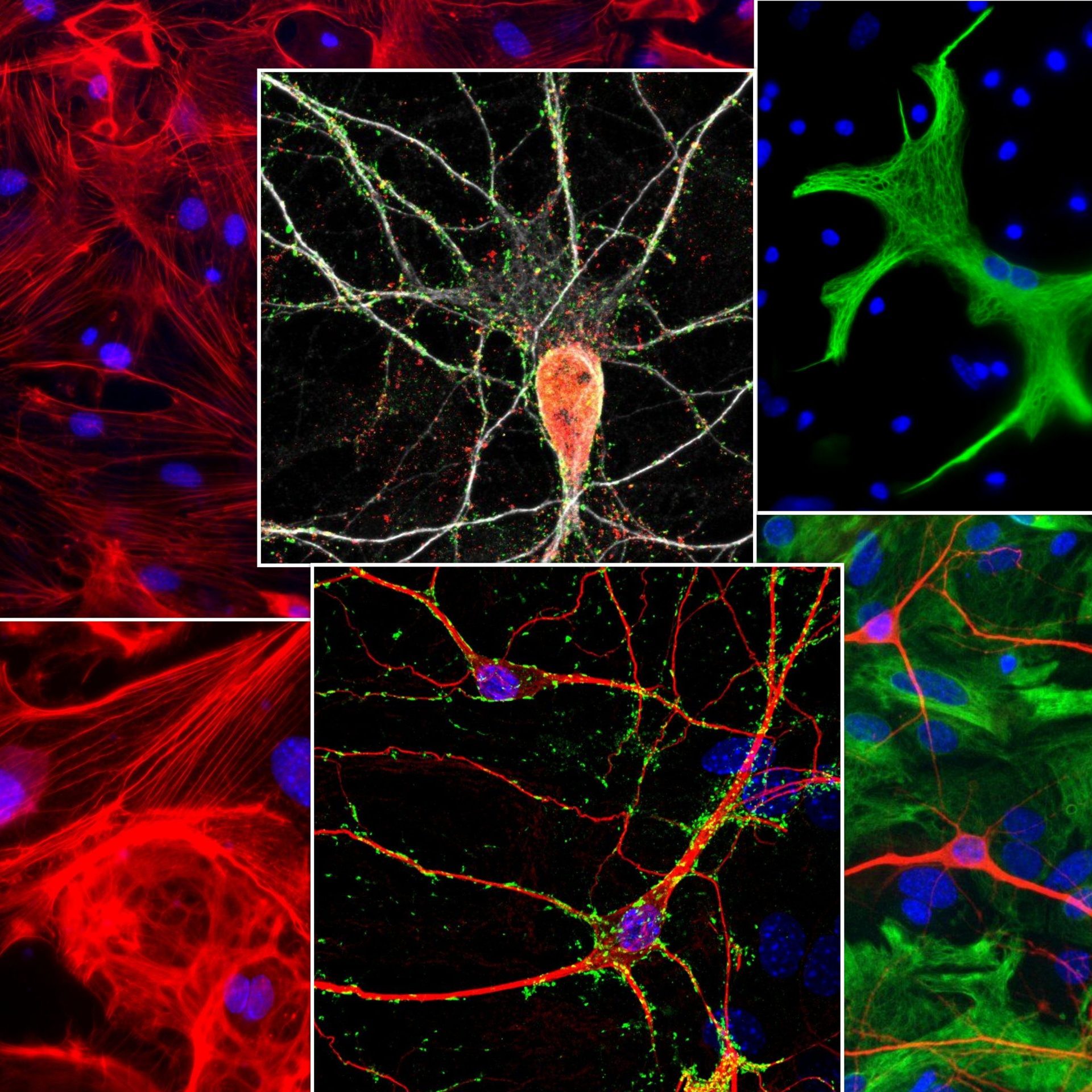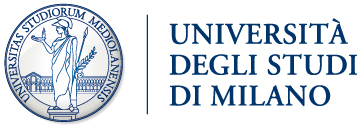PhD in Experimental Medicine: aims
Experimental medicine develops and applies technology and biological models for studying pathogenic mechanisms in human disease. It involves various disciplines (biochemistry, molecular and cellular biology, anatomy, pharmacology, physiology, pathology, immunology, genetics and microbiology/virology) that are providing a rapidly growing understanding of the mechanisms that enable the development of pathological processes.
The course aims to acquaint students with the technologies and research methodologies in the area of biomedicine and biotechnology based on in vitro and in vivo experimental models and ‘-omic’ approaches, and on their application to the study of cellular and molecular mechanisms involved in the pathogenesis of human disease.
The final objective is the formation of high-level scientists able to combine an understanding of biological processes and pathogenic mechanisms through the application of advanced experimental techniques. The programme’s specific objectives are:
1) develop the ability to define problems and devise experiments to solve them in accordance with scientific standards;
2) study biochemical, molecular and cellular mechanisms in physiopathology using advanced technologies;
3) develop the ability to critically assess scientific literature;
4) provide solid, up-to-date knowledge in the specific field;
5) teach how to conduct independent research, and inform on the essential need to fulfill research integrity




